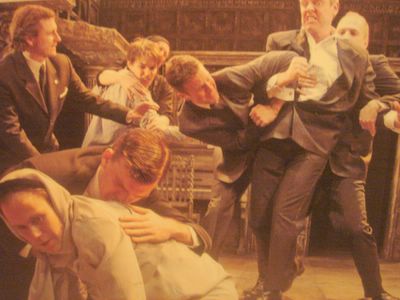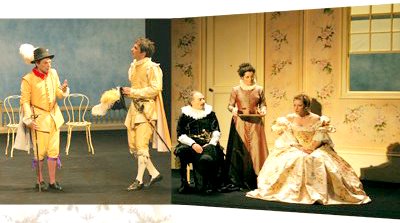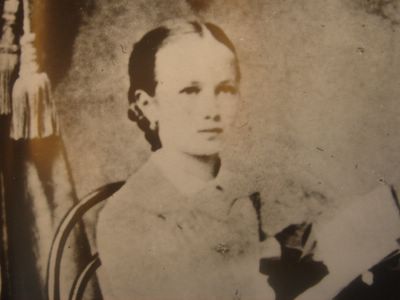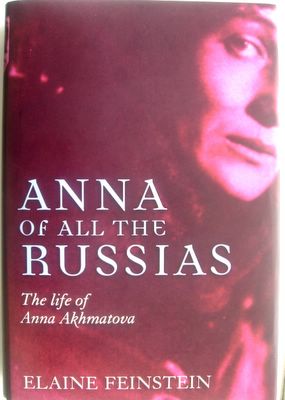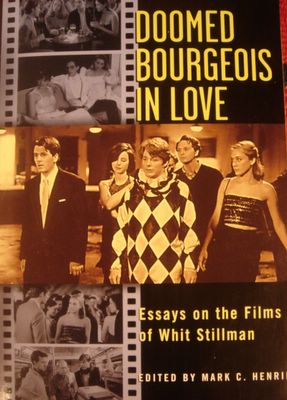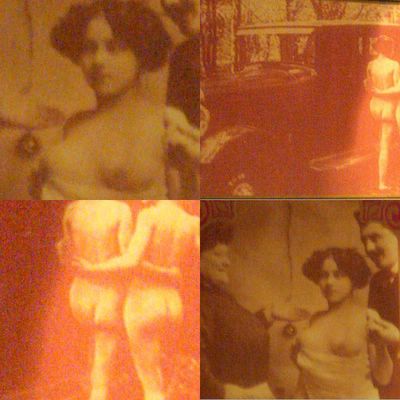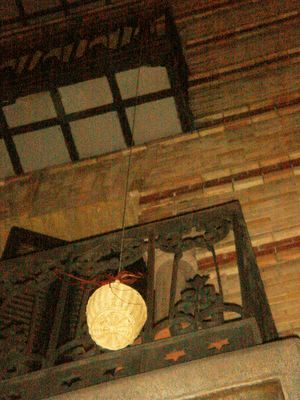(strip) Teasing the Good Society...
 innocent pleasures...
innocent pleasures... 
From time to time this blogger of yours has to face a difficult moral dilemma. Where should his loyalty stand? Towards the Honourable Reader or towards the Trustful Host? If one witnesses excellent blog material should one go ahead and post it, irrespective of the
sacred laws of hospitality and good manners? The Honourable Reader shouldn't worry,
this blog will not go tabloid. There are principles of privacy preservation that this blogger would not infringe.
( And that explains why the live characters of these stories never have their real names splashed in this blogspot domain).
(I had my Sony-Cybershot with me all the time but I didn't felt it would be proper to use it. The photo depicted above is a re-crop from a shot published in the photo-album "People" which carried material from Moscow night life in October 2003. )
Crucial here was getting the authorization from the Host to publish anything on the party's
épater-le-petit-bourgeois event.. Armed with that green light and after careful camouflaging places and names, there we go:
La Frankeniathimifolia enticed me with promises of a wild party. Wild, I said to myself with a condescending smile, in this city, where you are even more strict on society's tie-wearing dinner parties than in St James's or Pall Mall? Wild, when the idea of outrageous is a copy-cat translation of a bad Almodovar film? Why has great unconventional fun become synonym with eye-offending colours and trans-gender orientation? Couldn't we have a bit "La Dolce Vita" parties returning, with glamour and healthy heterosexual decadence? Is it asking too much? Well, I'm glad to tell the Honourable Reader that we were quite near Uncle Federico's standards... and in downtown Madrid.
It all started very much as it's expected in a non-weekend dinner party in the Ciudad. Even punctuality was honourably upheld. (Although I must confess that I arrived 48 minutes late due to the disorientation of the GPS equipped navigational device in a city where roadworks are two a block). The mix of people was good, with the Arts and the Professions, Spaniards and non-Spaniards, Tight-assed and Porro-smokers, jeans-wearing straightforwards and elaborate fashionistas all in very balanced proportions. Good also the caipirotchkii (yes, the plural of caipirothcka is not an easy one, both in grammar and in the drinking life). Familiar faces. Familiar female faces from a blurred private soap-opera, which a bachelor's life always turns into.
The dinner was amazingly good considering the extremely short 48-hours notice. I thought they didn't do hostesses made of this strong stuff anymore, but I was proved wrong. (I said so to Frankeniathimifolia and it seemed to me that in her smiling reply she was submitting a CV for a well-rewarded job).
Early in the night, one or two friends, in the know about this blog, poked me into www-immortalizing the party. I replied that I needed one good story moment, a party in itself not being blogabble just like that. Otter, my dear long-time-no-see Otter, remarked: "You're going to have your moment, don't worry. Not sure if will be to everybody's liking.. but that's a different story". I caught her by the elbow, and tried to extract some more information from her with promises of gardens of delights ... but to no avail.
So, we sailed through, from the well-garnished tables to the veranda smoking-room, from the nikkydesaintfallesque sofas to the italianate classical chairs, from the Warhol pictures to the pop-art video-installations.
Pudding time arrived and went, and then a surprise was announced. We were asked to sit wherever we could find a place, and that meant floor included, and then the music started. (Not immediately but after some expert fixing from the iberoamerican waiter ("Man of my life! Been more than 13 years with me!"). Very loud, very syncopated musi.. suspense was building up... and then Sonia arrived. Slav-looking, wearing college girl standard outfit. Ultra-mini-skirt of Scottish clan pattern, white shirt generously buttoned off, tresses, knee-lengtht socks.. and stilettos (!). We all realized then what was going to happen. Either the distant bacteria-free pattern or the lap-dancing, in your face, type was all that needed confirmation. The music went on, the tresses got undone, a guest (my companion from diplowork as a matter of fact) was left standing so that a chair was added to the show. Another guest was asked to the improvised stage (some of us, male peeping-toms, felt uncomfortable and simultaneously relieved that we had avoided being the compère in the erotic performance. The skirt opened quite easily, as expected.. off the shirt went.. a multicoloured glass-beaded bra seemed to betray a large silicone implants zone. A few minutes later we confirmed our first wild guess. At this juncture, the Teddy-Bear, seated next to me, with a tone of alarm in her youthful voice whispered: "But... is this suppose to end up as an...Orgy?". I reassured her. One thing is to expand the boundaries of society entertainment another is to cut oneself from the social world. The strip-titillation continued, involving cream rubbing of the D-size fake boobs and whisky spilling on very much the same area. As it came to its end, the strip that is, with full frontal pubic nudity, the "Man of My Life" Ecuadorian waiter accidentally kicked the whisky glass that was lying on the floor. "There goes the mammary lubricant", I thought for myself. And that was it.
A murmur at first turned quickly into some loud buzz. Everybody was trying to be more man-of-the-world or experienced-lady than his/her neighbour. I smiled and gave the thumbs up to the organizer of our soirée who was looking my way. Got her point perfectly. To shake this self-smiling bourgeois fauna out of their very squared certainties. An innocent pleasure. To tease them just a little.


